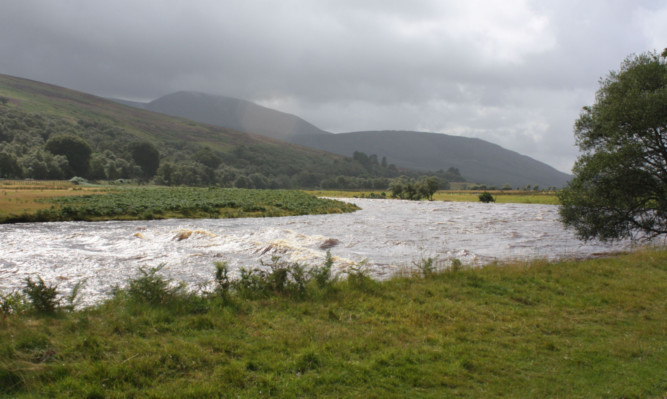There can be little doubt that the Scottish Government faces a Herculean task in implementing the new Common Agricultural Policy.
Jonnie Hall, policy director with NFU Scotland, told a 200-strong audience at an East Central roadshow in Perth that there were more than 500,000 land parcels on Scotland’s farms with the smallest not much larger than a tennis court, and one which is the same size as Clackmannanshire.
“The key message is that these fields all have to be allocated to the correct payment region. It is vital that farmers check the letter which was sent out recently by Scottish Government and respond immediately if there appears to be anything with which they disagree,” Mr Hall said.
With Region One (arable, temporary grass and permanent grass) likely to receive around 220 euros per hectare compared to Region Two (rough grazing in LFA categories B, C and D) worth 35 euros per hectare and Region Three (rough grazing in LFA category A) only receiving 10 euros/ha there was every incentive for producers to make sure their allocations were correct.
Mr Hall continued: “Everyone is bound to have plenty of questions, but in many cases these should be answered by farmers and crofters themselves. Have I checked the allocations? Do I understand the regulations?”
There can be no denying the thirst for knowledge. The Perth meeting saw the car park at the Huntingtower Hotel log-jammed well before the meeting started, with standing room only in the function room.
Although it was an East Central meeting, farmers and consultants from across the country had taken the opportunity to hear a full explanation of what lies ahead.
“I am not going to stand here and say this CAP is fantastic because it is not. And I cannot claim to bring absolute clarity because there is none,” Mr Hall said by way of introduction.
The allocation of land to the three payment regions was critical for individuals, but also the key to the actual payment rates.
The total fund available to the Basic Payment Scheme was now set at 587m euros for 2019, when full transition had been achieved, but the payments for each region would entirely depend on the area of each.
“We know the size of cake but not the size of the slices,” Mr Hall said.
The whole business of transition from the old Single Farm Payment to the new Basic Payment Scheme was extremely complex and causing farmers real concern.
“Everyone starts at a different place but ends up in 2019 at the same place,” observed Mr Hall.
For those with high-value entitlements the drop in payments would be quite steep between 2014 and 2015, partly because of the smaller budget.
Then for the next five years the payments would decrease in equal steps until the regional standard payment is reached.
Conversely those on low payments would see their value increasing in gradual steps.
“There was an argument that the change should have been one-off and sudden, but it could have left established businesses looking over a cliff face.
“This way they may well be bruised, but they should survive,” he said.
However, there was still a lack of clarity about the number of entitlements allocated to each business at the outset.
NFU Scotland had argued that they should be based on either the 2013 or 2015 claim, with whichever was the smaller area winning through.
This so-called “double-gate entry” was proposed as a deterrent to stop landowners maximising their claim at the expense of tenants by not, for instance, entering into grazing lets.
This looks unlikely to be accepted by the European Commission on the grounds that it discriminates against businesses which have genuinely expanded over the period.
“It looks increasingly likely the eligible area claimed in 2015 will be the starting point,” said Mr Hall.
In the meantime new entrants and other “disadvantaged groups” would need to apply to the newly set up National Reserve for entitlements.
The number of people who see themselves as “disadvantaged” could be large and would include new entrants since last year, existing farmers with no SFP entitlement, and existing farmers who had started in business with no entitlements but had then purchased some.
As Mr Hall pointed out: “This always looked difficult.
“There is less money, the rules are complex and sometimes absurd and they have to fit Scotland’s hugely diverse landscape.
“The new CAP will be imperfect for all, but we must piece it together.”
